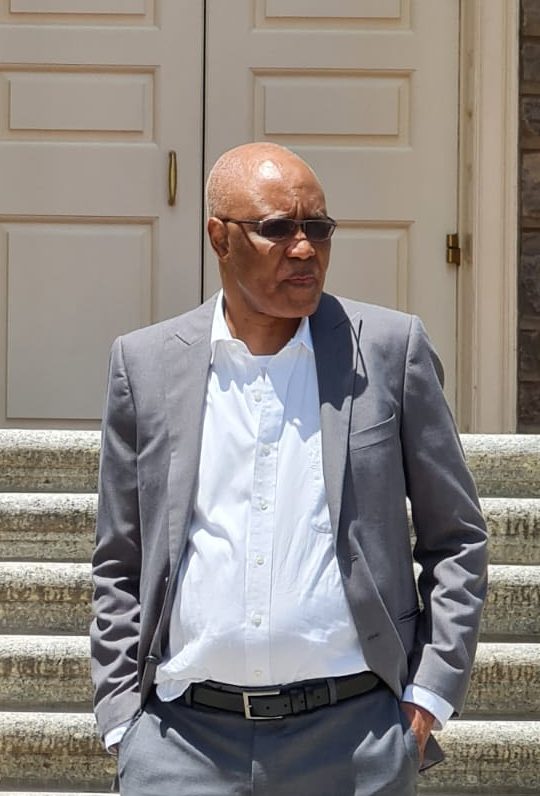UNIZULU to Host African Studies Global Virtual Forum

The University of Zululand (UNIZULU) will, tomorrow (27 July 2020), host a hybrid webinar championed by the office of the Vice-Chancellor, Professor Xoliswa Mtose, and titled: “The African Studies Global Virtual Forum, an experiment in form and substance”.
The African Studies Virtual Forum 2021 to 22, which is led by Prof Sinfree Makoni, seeks to decentre hegemonic epistemologies and decolonise the Western canon to facilitate other ways/waves of knowing.
Through a series of online conversations, participants in the forum will challenge the notion of the “universal truth” and discuss how the only truth that is universal is the truth of complexity. To decolonise knowledge, epistemic perspectives need to be pluralistic in ontologies, cosmologies and insights – and the emergence of Epistemologies of the South is one such response to the decolonialisation turn.
Joining from around the world, speakers will discuss the multiple approaches taken in humanities and social science scholarship to decolonise knowledge by paying attention to complexities, heterogeneities and multiple ontologies.
The lecture will be presented by Prof Makoni, a Professor of Applied Linguistics and African Studies at Pennsylvania State University (PSU). He is originally from Zimbabwe. He did his undergraduate work in Ghana and received his PhD in Applied Linguistics from the University of Edinburgh, Scotland in 1989. Prior to working at PSU, he held academic positions in South Africa, including Chair of Linguistics at the University of Western Cape and Associate Professor of Language and Literature at the University of Cape Town. He is also a former president of the Southern African Applied Linguistics Association.
Prof Makoni’s research spans a number of areas, including the socio-historical construction of colonial linguistics and postcolonial urban languages; anthropological approaches to health and aging in multilingual communities; police communication, discourses of militarisation and terrorism; and the sociolinguistics of Arabic. His many books include the co-edited collections Black Scholars on Black Languages: Problems and Possibilities (Routledge, 2002) and Disinventing and Reconstituting Languages (Multilingual Matters, 2007).
His work has appeared in a wide variety of journals such as Current Issues in Language Planning, Language Policy, Language in Society, Journal of Politeness Research, Journal of Multilingual and Multicultural Development, Language and Communication, Applied Linguistics Review, Journal of Language, Identity and Education, and Journal of Cross-Cultural Gerontology. His work also covers a diversity of geographies such as Angola, Zimbabwe, Sudan, South Africa, Ghana, Kenya and Brazil. His latest book is a monograph titled Innovations and Challenges in Applied Linguistics from the Global South, co-authored with Alastair Pennycook.
– Naledi Hlefane














2 Comments
You really make it seem really easy with your
presentation however I in finding this matter to be really one thing that
I think I would never understand. It sort of feels too complex and extremely wide for me.
I’m taking a look forward on your subsequent submit, I
will attempt to get the grasp of it! Escape room
Hi there, its fastidious paragraph concerning media print,
we all know media is a impressive source of data.